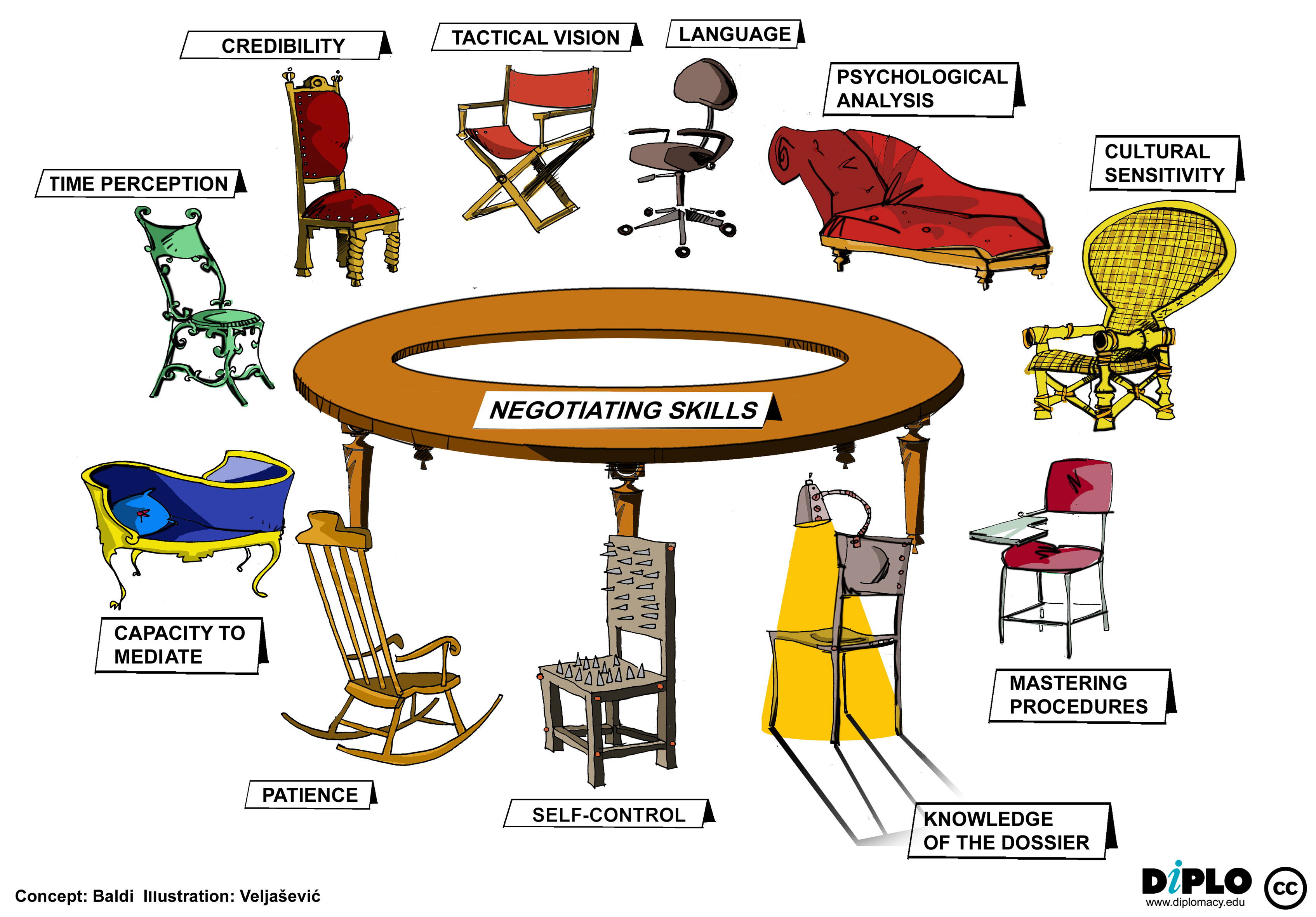DiploFounda tion and Istituto Diplomatico of the Italian Ministry of Foreign Affairs have published Twitter for Diplomats by Andreas Sandre (@andreas212nyc).
tion and Istituto Diplomatico of the Italian Ministry of Foreign Affairs have published Twitter for Diplomats by Andreas Sandre (@andreas212nyc).
It is the first publication in a series designed to analyse how social media diplomacy helps create – and maintain – a true conversation between policymakers and citizens, between diplomats and foreign public.
The book is not a technical manual, or a list of what to do and not to do. It is rather a collection of information, anecdotes, and experiences. It recounts episodes involving foreign ministers and ambassadors, as well as their ways of interacting with the tool and exploring its great potential. It wants to inspire ambassadors and diplomats to open and nurture their Twitter accounts – and to inspire all of us to use Twitter to better listen and open our minds.
‘Social media exposes foreign policymakers to global audiences while at the same time allowing governments to reach them instantly,’ explains Italy’s Foreign Minister, GiulioTerzi (@GiulioTerzi) in his preface to the book. ‘Twitter has two big positive effects on foreign policy: it fosters a beneficial exchange of ideas between policymakers and civil society and enhances diplomats’ ability to gather information and to anticipate, analyze, manage, and react to events.’
Twitter for diplomats is a practical and engaging guide for making the work of diplomats more effective and impactful. You can consult the online version from Diplo’s publication site or you can download it here. Read Andreas Sandre’s post about the publication. For information about the printed version please write to diplobooks@diplomacy.edu.

 tion
tion



Recent Comments